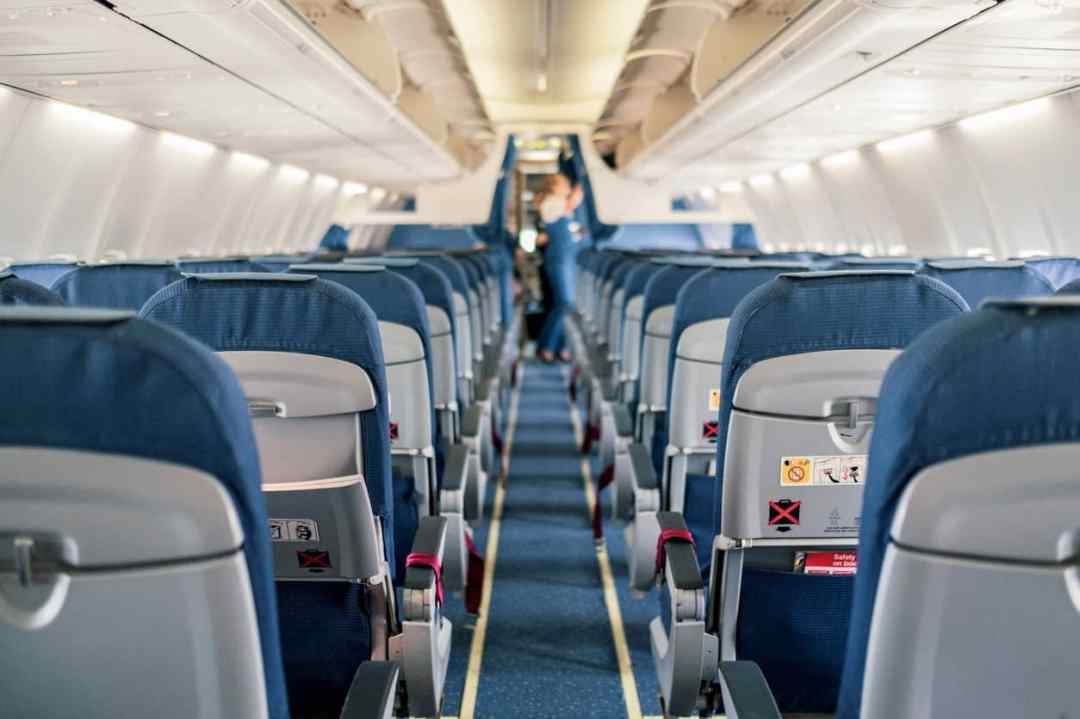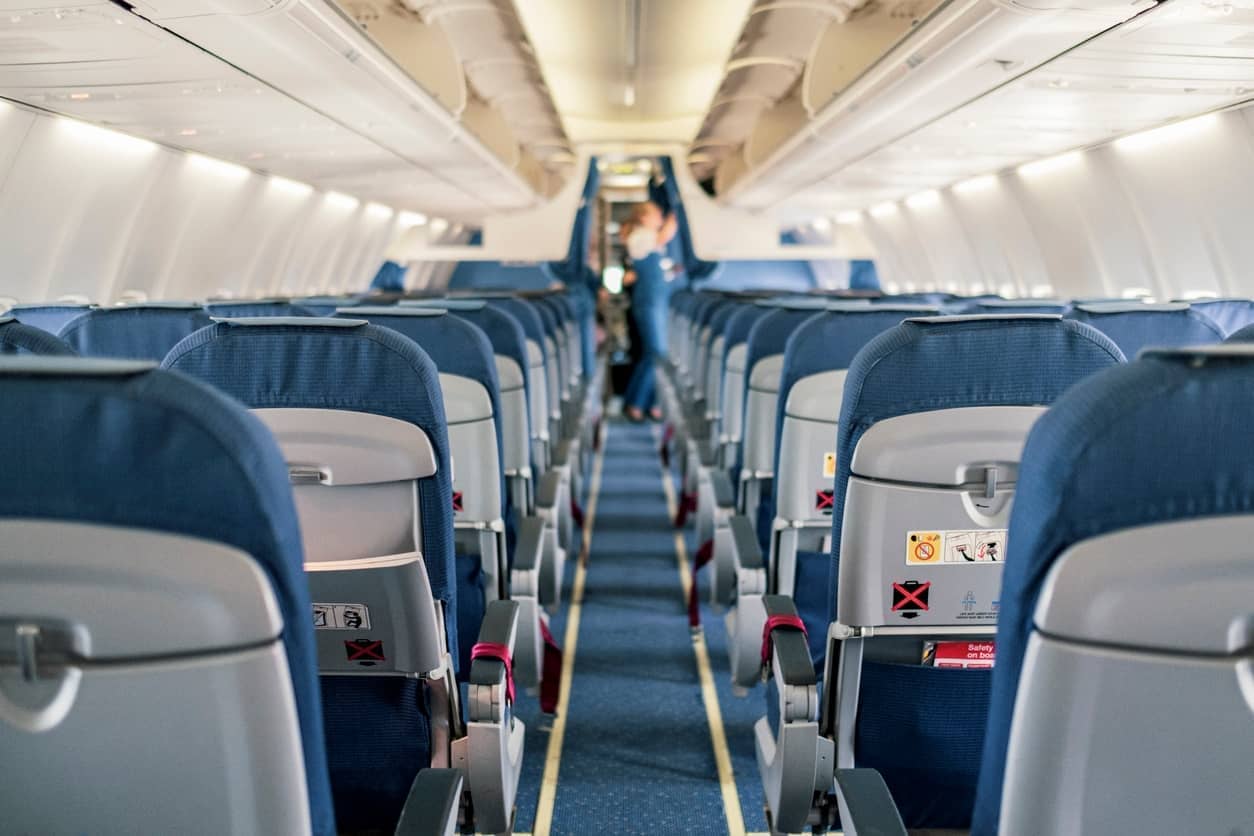This week it was reported that Lufthansa Group – which also owns Brussels Airlines, Austrian Airlines, Eurowings and Swiss International Airlines – expects to operate 18,000 ‘ghost flights’ with no passengers on them between December and March this year. Other airlines will be following Lufthansa’s lead over the year.
At a time when the world is meant to be tackling climate change why are airlines spending a fortune shuttling thousands of empty planes, each spewing tons of carbon emissions into the atmosphere, between airports? The answer, perhaps unsurprisingly, is European Union red tape. ‘The EU surely is in a climate emergency mode,’ Greta Thunberg sarcastically tweeted in response to the news.
The problem is that these flights are operating to protect airlines’ take-off and landing slots at different airports in Europe. Under EU rules, airlines must use 80 per cent of their allocated slots or they risk losing their spaces to other flights.
The European Commission reduced this to 50 per cent during the pandemic. But this isn’t enough to mitigate the huge drop in passenger numbers during the Omicron wave, leading to empty flights yet again.
Britain, freed from these rules after leaving the EU, entirely suspended landing slot rules at the start of the pandemic and is not expected to reintroduce them until later this year. This might come as a surprise to the most committed Remainer: in this case Brexit Britain is protecting the environment far better than the EU.
But the issue at stake is far deeper. Airlines have quietly been operating empty flights for decades to maintain their valuable take off and landing time slots at congested airports. In 2008, during the slump in passenger demand during the financial crisis, BMI ran countless ghost flights from Heathrow. Qantas did the same in 2004 while awaiting the start of a new route.
It shows that the allocation system is fundamentally broken. Governments use an arbitrary formula to allocate new slots – with half going to new airlines and half going to incumbents. But most slots are ‘grandfathered’ to incumbents as long as they keep using them.
The ‘use it or lose it’ rule not only results in ghost flights but also seriously distorts the market in favour of well-established incumbents and leads to inefficiencies in the market.
International Airlines Group, the parent of British Airways, owns over half the slots at Heathrow Airport. The next biggest slot owners are Lufthansa and Virgin Atlantic, who own just 8 and 7 per cent, respectively. This leaves customers with substantially less choice – other airlines cannot compete at scale – and leads to higher ticket prices and fewer choices at Heathrow and other airports.
In other words, these rules create much worse outcomes for passengers. To give one example, at the moment a large airline has an incentive to operate smaller planes to a less desirable location rather than allowing one of its competitors to take up the air slot and use a bigger plane on a more popular route – leading to reduced ticket prices and increased capacity. Grandfathered slot allocations also fail to respond to changing market conditions or new entrants.
We are also just giving away a valuable asset to airlines, for free, to the disadvantage of taxpayers. At the moment airlines can trade slots between themselves – using side payments – for tens of millions of pounds. Oman Air spent $75 million purchasing a single prime Heathrow slot from Kenya Airways in 2016. ‘It’s like the airlines have been given a grace-and-favour flat that they are allowed to mortgage, sell or swap,’ Andrew Charlton, an aviation consultant has warned.
The broken system is no accident. The slot allocation rules were designed by the trade association body the International Air Transport Association (IATA) – the airlines’ union – and then adopted by most countries including the European Union with the support of major airlines. So the incumbent airlines designed a system that gives them a valuable resource at zero cost and limits competitive pressures. It’s a conspiracy against the public.
The United Kingdom — outside of the European Union — now has the opportunity to entirely diverge from the IATA rules. The obvious solution – endorsed by the Competition and Market Authority – is to introduce slot auctions. Airlines should be asked to bid in periodical auctions — just like mobile operators do for spectrum — which would mean slots are allocated to the airline that values them the most highly and will use the space most efficiently. This would provide opportunities for new and mid-size airlines to expand, providing far more consumer choice and lower airfares.
It would also be a boon for taxpayers. I previously calculated that slot auctions for Heathrow Airport’s new capacity, presuming the third runway goes ahead, could boost passengers numbers by 16 million and raise £7.5 billion for the Heathrow expansion.
But until the UK government works up the guts to diverge from these antiquated EU rules, we are just going to see worse passenger outcomes, countless more ‘ghost flights’ and unnecessary environmental damage.







Comments